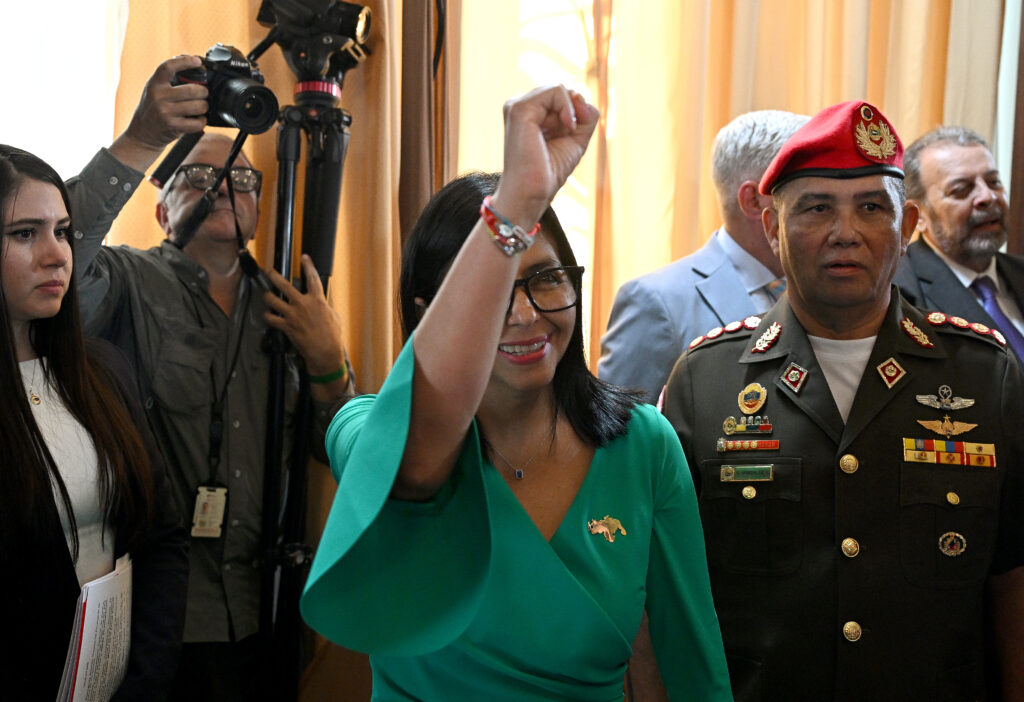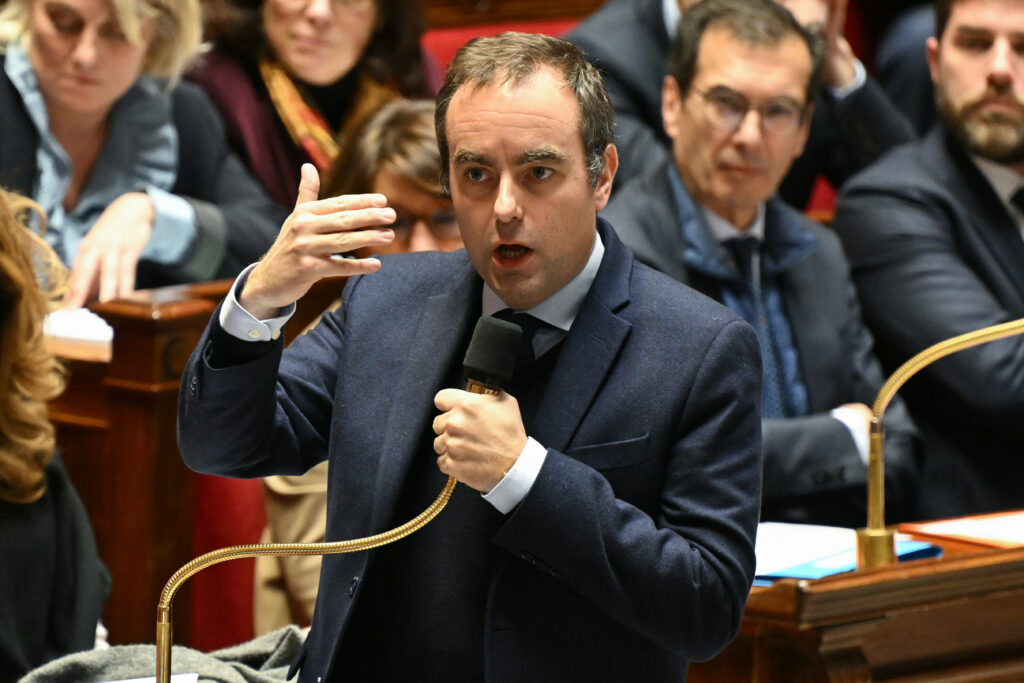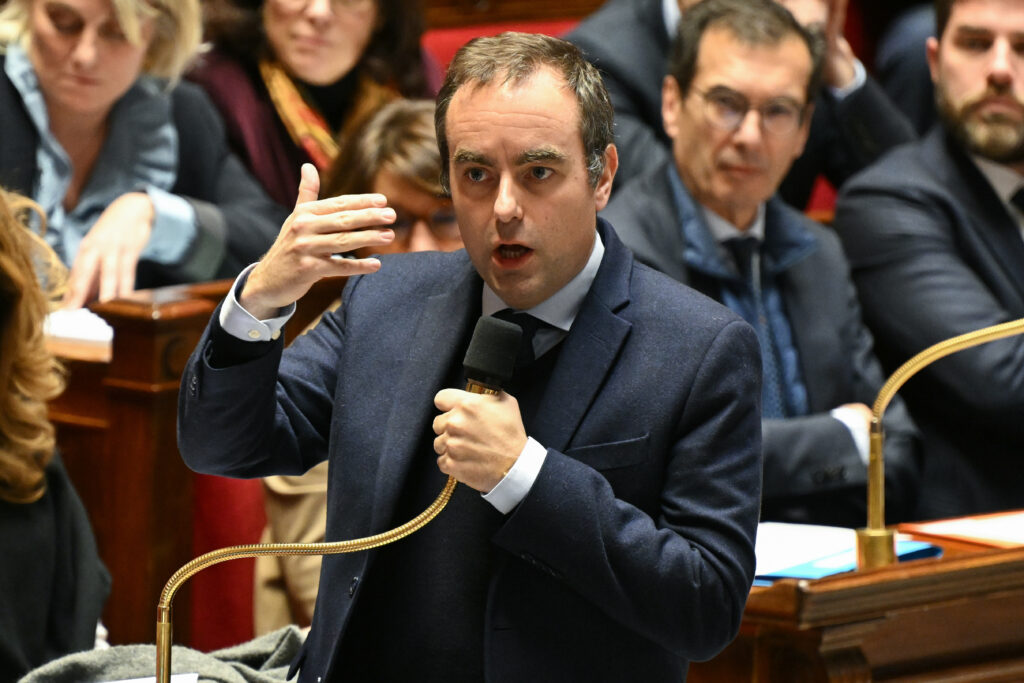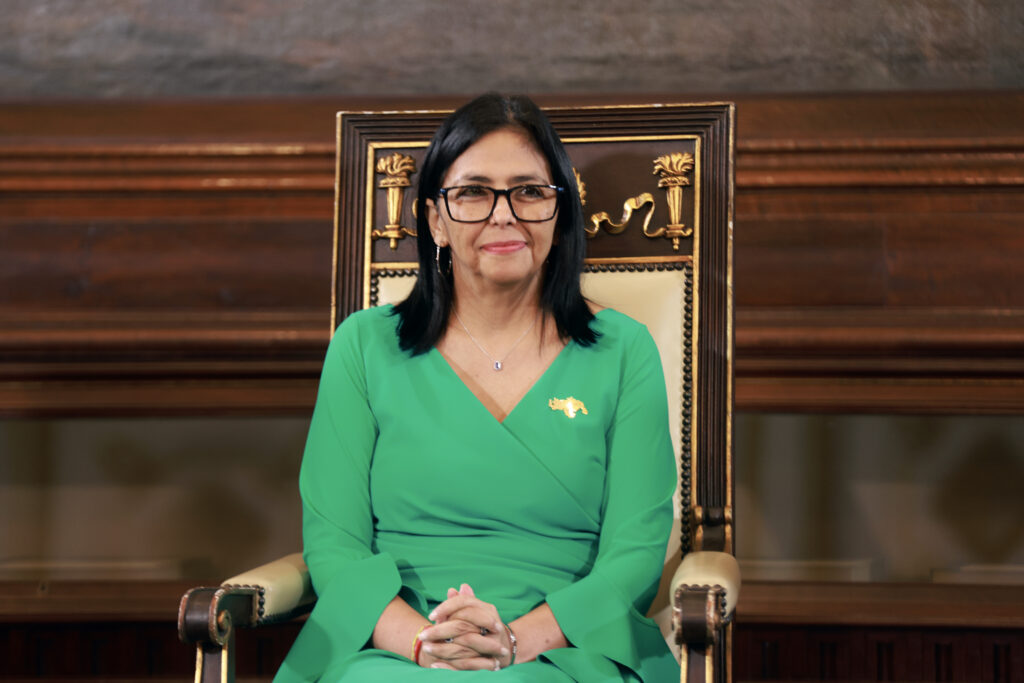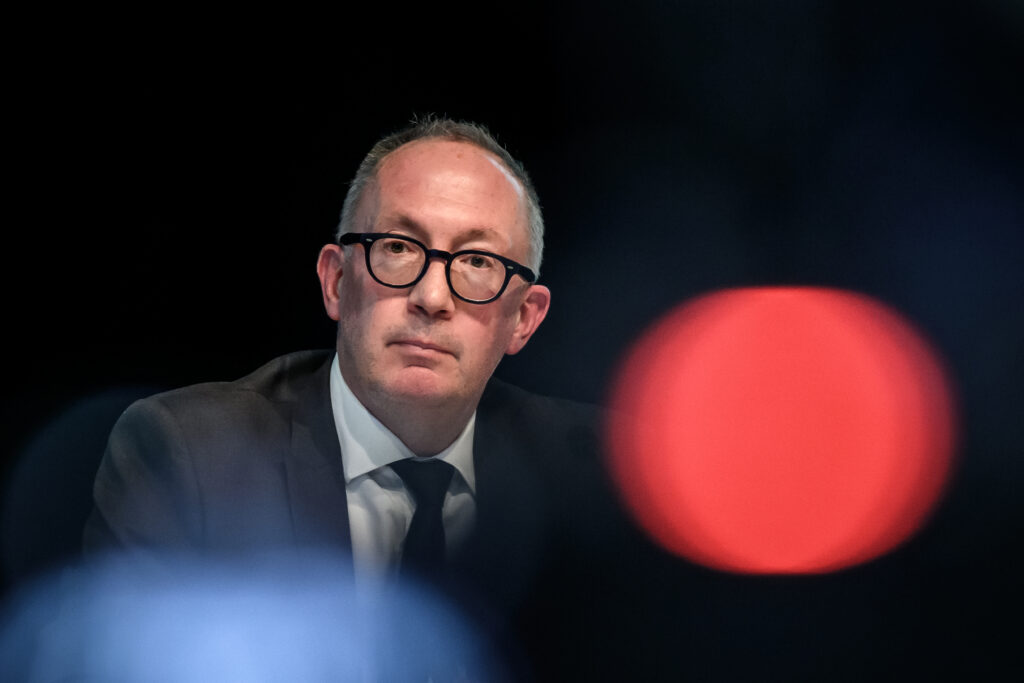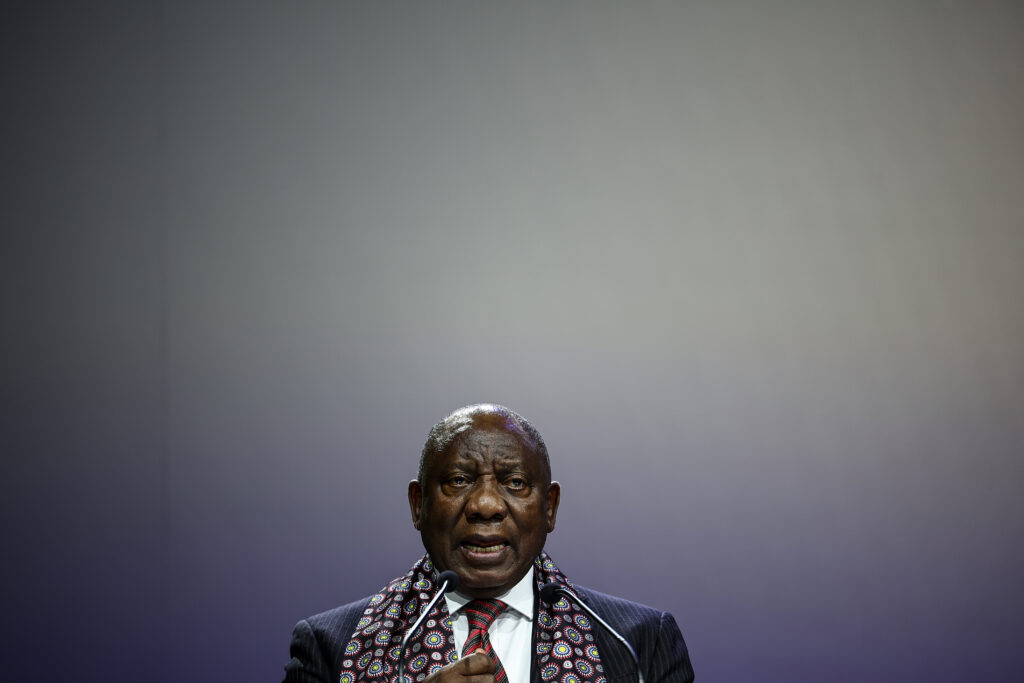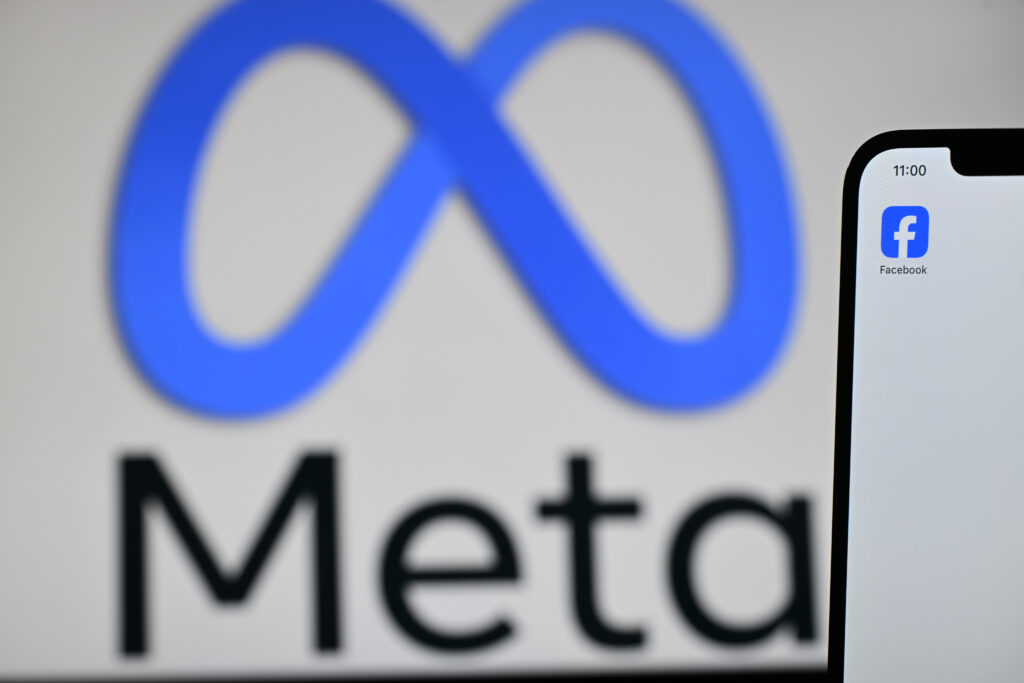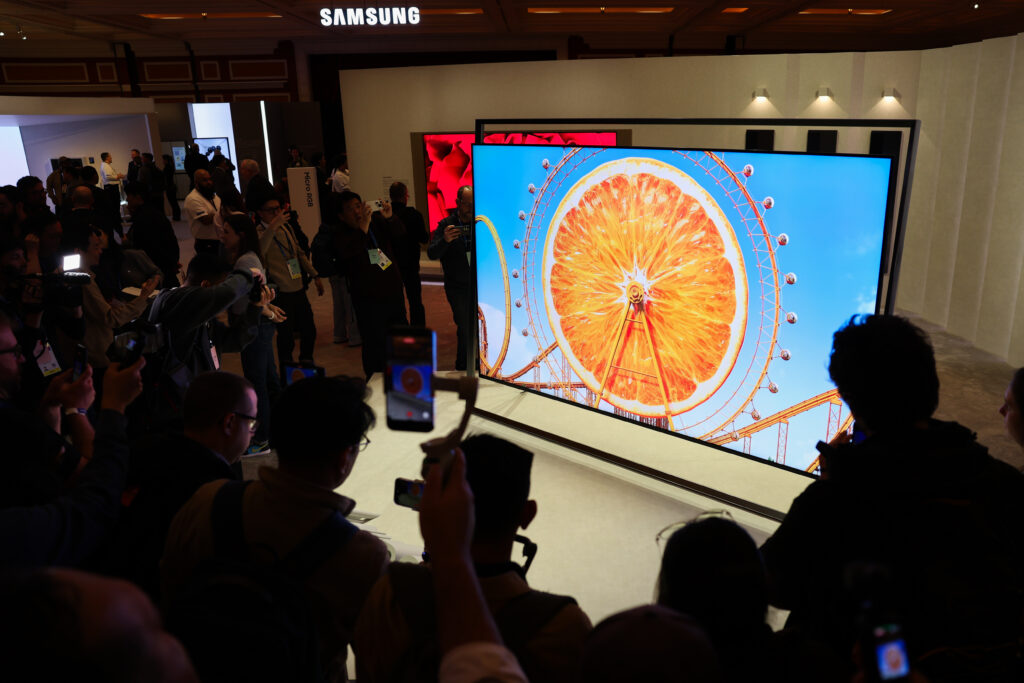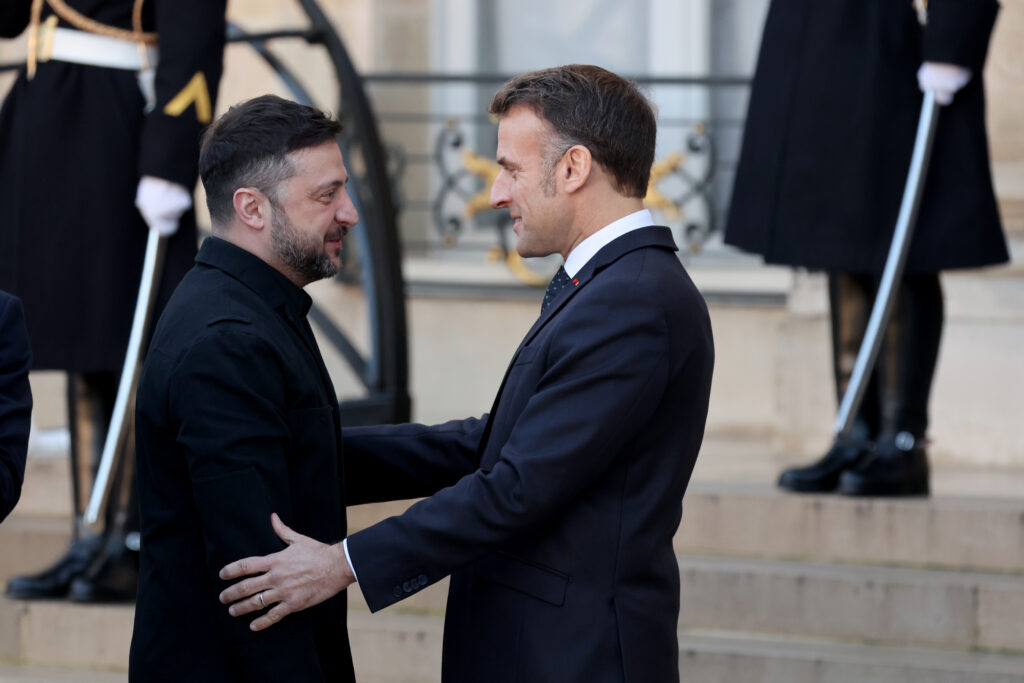Venezuela : la présidente par intérim entame son mandat, l’ONU critique l’opération américaine
Delcy Rodriguez a entamé officiellement mardi son mandat de présidente par intérim du Venezuela, sous pression de Donald Trump qui l’avait menacée, si elle ne se pliait pas aux exigences américaines autour d’un accès aux importantes réserves pétrolières du pays.L’ONU a de son côté averti mardi que l’intervention militaire américaine à Caracas, présentée par les Etats-Unis comme une opération de police, avait “sapé un principe fondamental du droit international”.”Les Etats ne doivent pas menacer ou recourir à la force contre l’intégrité territoriale ou l’indépendance politique d’un autre Etat”, a déclaré une porte-parole du Haut-Commissariat de l’ONU aux droits de l’homme, Ravina Shamdasani. Après des mois de frappes sur des embarcations accusées de trafiquer de la drogue, les Etats-Unis ont capturé samedi Nicolas Maduro, 63 ans, et son épouse Cilia Flores, 69 ans, qui doivent répondre de quatre chefs d’accusation, dont narcoterrorisme. Confronté pour la première fois à la justice américaine depuis sa capture, Nicolas Maduro a déclaré lundi qu’il était un “prisonnier de guerre”, en plaidant non coupable à New York.Fidèle de M. Maduro, Delcy Rodriguez, 56 ans avait été investie lundi présidente par intérim après avoir prêté serment, prenant la tête d’une administration qui compte toujours le ministre de l’Intérieur, tenant de la ligne dure, Diosdado Cabello et le puissant ministre de la Défense Vladimir Padrino Lopez.”Je me présente avec douleur en raison de l’enlèvement de deux héros qui sont otages aux Etats-Unis. (…) J’ai aussi l’honneur de prêter serment au nom de tous les Vénézuéliens”, avait déclaré Mme Rodriguez, qui était vice‑présidente depuis 2018.Elle s’exprimait devant l’Assemblée nationale, qui entamait lundi un nouveau cycle législatif. – “Gouvernement instable” -Le syndicat de la presse vénézuélienne a rapporté mardi sur les réseaux sociaux qu’à cette occasion 16 journalistes et collaborateurs de médias avaient été arrêtés, puis libérés. Quatorze, “dont 13 d’agences et de médias internationaux”, l’ont été à Caracas, et deux correspondants internationaux à la frontière avec la Colombie, a dénoncé le Syndicat national des travailleurs de la presse (SNTP).Les partisans de Nicolas Maduro – qui a dirigé le Venezuela d’une main de fer pendant plus de 12 ans – ont de nouveau appelé mardi à des rassemblements dans le pays pour exiger sa libération.Delcy Rodriguez démarre son mandat alors que le président américain Donald Trump avait déclaré dimanche qu’elle “payera plus cher que Maduro” si elle “ne fait pas ce qu’il faut”.La veille, il avait assuré que Mme Rodriguez était prête à coopérer avec les Etats-Unis, avant que cette dernière réplique que le Venezuela était prêt à se “défendre”. Delcy Rodriguez, qui a pris en main la gestion du pétrole vénézuélien, principale ressource du pays, devra également préserver l’unité du chavisme, doctrine héritée de l’ex-président de gauche Hugo Chavez qui a procédé à de nombreuses nationalisations.Le nouveau gouvernement est “instable”, estime l’analyste politique Marino de Alba, en expliquant que “malgré les divergences internes, le chavisme a bien intégré que seule une cohésion apparente lui donne une chance de se perpétuer au pouvoir”.”L’objectif principal est de gagner du temps pour (…) profiter du fait que les revendications et conditions de Washington sont centrées sur la question pétrolière”, selon lui.- “Remettre le pays sur pied” -D’après la Constitution, l’intérim de Delcy Rodriguez n’est que de 90 jours, qui peut-être prorogé de trois mois supplémentaires par l’Assemblée nationale.En cas de déclaration de vacance absolue de Nicolas Maduro, qui n’a pas encore été décrétée, la loi l’oblige à convoquer des élections dans les 30 jours suivants.Maria Corina Machado, cheffe de l’opposition vénézuélienne et prix Nobel de la paix 2025, a affirmé lundi prévoir de revenir “le plus vite possible” dans son pays.”Je prévois de retourner au Venezuela le plus vite possible”, a-t-elle déclaré dans un entretien à la chaîne américaine Fox News, au cours duquel elle a détaillé son projet politique pour le pays – même si Donald Trump ne la soutient pas pour en prendre la tête.Le président américain avait disqualifié samedi Mme Machado pour prendre la tête du pays à la place de Nicolas Maduro, estimant qu’elle “ne (bénéficiait) ni du soutien ni du respect au sein de son pays”.Il a écarté toute élection au Venezuela dans les 30 prochains jours, estimant que les Etats-Unis devaient “d’abord remettre le pays sur pied”.Tout en affirmant ne pas vouloir s’impliquer dans les affaires politiques d’autres pays, comme les Etats-Unis l’ont fait en Irak ou en Afghanistan dans les années 2000, Donald Trump a clairement exprimé son intérêt pour les vastes ressources pétrolières du Venezuela, premières réserves de brut prouvées au monde.
